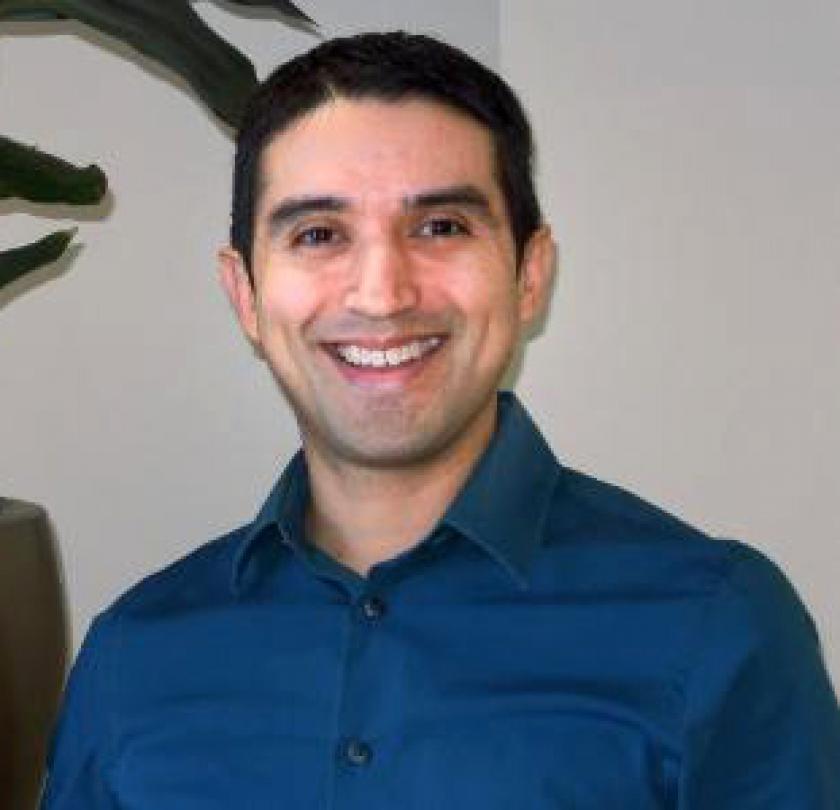
According to Roy Saldaña (MS '08), the best part of his job is the opportunity to work with college students from underrepresented groups: first-generation and lower-income students as well as those with documented disabilities. He has found his niche as the director of a program aimed at helping these individuals succeed in college and beyond.
Where do you work, and what is your role?
I am the director of Achieving College Excellence (ACE) at Loyola University Chicago. Our program is funded through a TRIO Student Support Services grant from the U.S. Department of Education. We serve eligible undergraduate students from unrepresented groups in every aspect of their being—not solely academics. Within my current position, I am tasked with the coordination of support services and program components; overall project administration; collaborations with other university student support units; staff supervision; budget administration; project evaluation; and the monitoring of Congressional legislation that affects regulations, funding, and program objectives.
What do you like best about your job?
I love every aspect of my current position. I thoroughly enjoy Loyola University Chicago and the duties I am responsible for leading. TRIO programs are a product of the civil rights movement, and I am proud to contribute to the goals of equal access and quality education for all community members.
Why did you decide to pursue a degree in LIS?
I pursued my master's degree in LIS because at that time, I had experience in two of the three pillars of public education. I had worked within a K-12 school system, the School District of Howard-Suamico, (pillar one) and a higher education institution, the University of Illinois (pillar two). I wanted training within libraries (pillar three) to better engage the lifelong learning platform of library science and understand how to holistically educate community members. I would have enrolled part time in the iSchool and continued to work for the university, but I was fortunate enough to be granted a Spectrum Scholarship from the American Library Association, a Sylvia Murphy Williams Award from the Illinois Library Association, and a fellowship through [Professor Emerita] Ann Bishop's Community Informatics Initiative. Once this happened, I decided to resign from my position and focus solely on my LIS program.
How did the iSchool help you get to where you are today?
My entire experience was nothing but positive. At the School, I found an incredibly welcoming and warm group of people to learn with and engage. I was a bit surprised with the overall progressive ideals of the LIS field and certainly welcomed the program even more as a result. The Community Informatics Initiative was a great area to study, since I originally thought I would pursue a master's degree in social work. I learned social work elements within the community informatics focus, which is always helpful for careers in the social service realm.
What advice would you like to share with iSchool students?
The most helpful advice I have followed is to be creative in developing your career path. Some majors have extensive scopes, which makes them exciting. However, this broad scope can also make them confusing. I've met many peers who have no idea how to shape their career path within a social science education. It is essential for students to pursue work, internships, or volunteer experiences to enhance their resumes and to build on the degrees they will eventually earn.